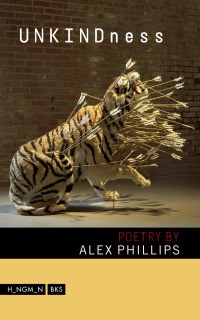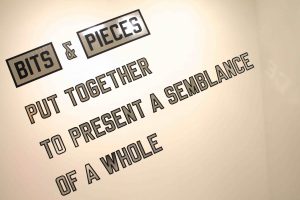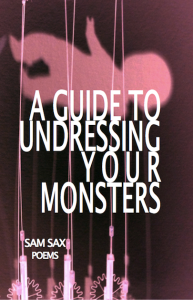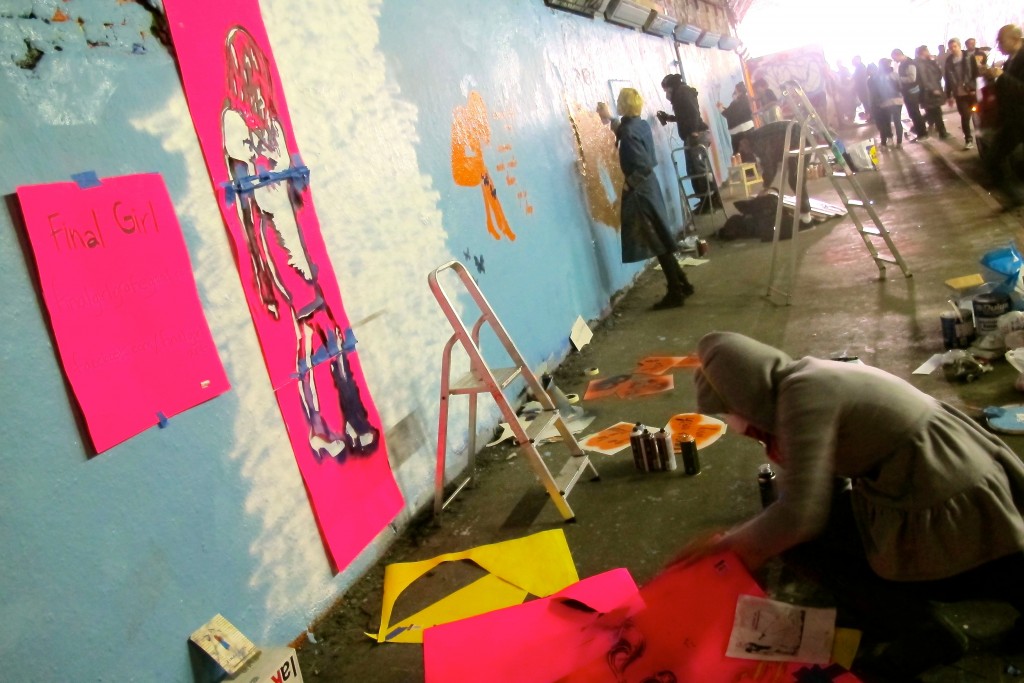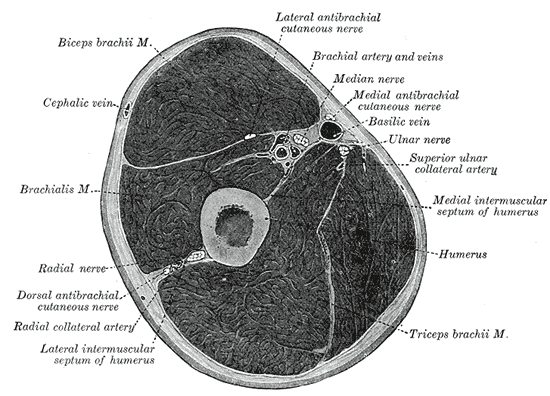Tyrese Coleman’s compact, powerful story “How to Sit,” from the March/April issue, contains three generations of women, explosive in their anger and love. Below, Tyrese talks pride, beauty, and the stories we carry in our bodies, our bodies carry into the world.
–interview by Diana Clarke
1. The narrative voice in “How to Sit” is so raw, furious and vulnerable, in particular where you describe how the grandmother’s “toenails are close to my leg. They are daggers. And if they were attached to her fingers, and if she were forty-seven and not sixty-seven, she would use them to scratch my face for pitying her.” How did you write into that place of anger and imminent violence?
I was mad, spitting mad, about a situation that I could not control when I wrote this. And in trying to understand who and what I was mad about, I considered the idea of being so frustrated that physical violence, down right fighting, is the only possible release in some cases.
But, what brings a person to that level? I personally feel it’s the failure to meet your own expectations. A woman like the grandmother in “How to Sit” is not a person used to being suffered. She was a star! And the worst thing that could happen to a woman so fiercely independent, to the extent of debilitating selfishness, is to be caged or told there is anything at all she cannot do. Pride causes that. Pride and having certain expectations out of life. And when the realization happens that, despite the visceral desire to change the situation, you are trapped and now, indeed, you are someone to be pitied, well, there is nothing left to do with your arms and legs and nails, but to scratch and fight, to show whoever it is that thinks they know you better than you know yourself, enough so that they have the audacity to pity you, that you are still someone to be reckoned with. Continue reading →
![[PANK]](https://pankmagazine.com/wp-content/themes/pank/assets/images/pank-logo-large.png)


